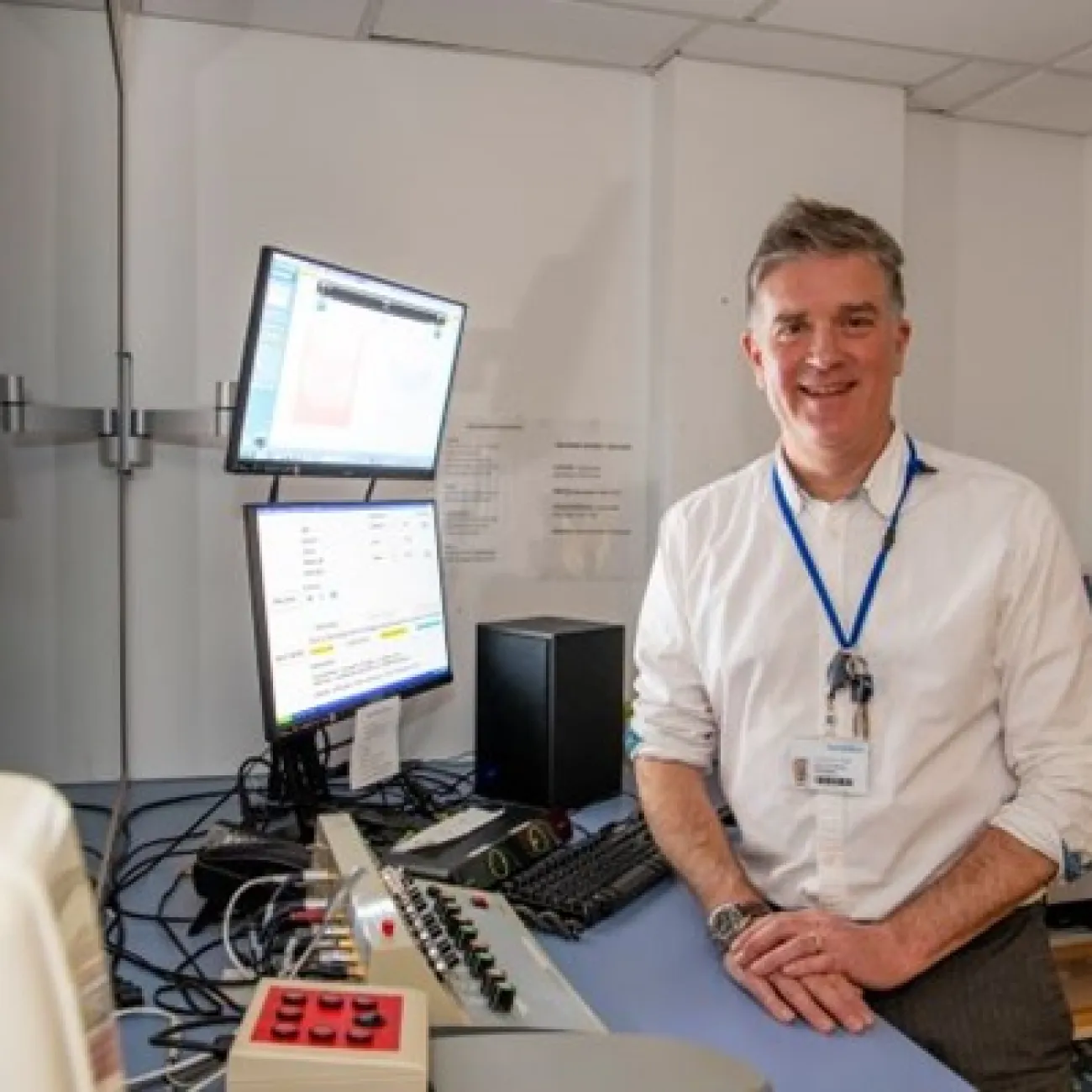Name:
Invited Speaker at the University of Manchester
Role:
Invited speaker
Year:
2011
Name:
Inflammation is a contributor to progressive age related hearing loss
Role:
Speaker
Year:
2017
Name:
Clinical tests of extra-cochlear or poorly-functioning electrodes
Role:
Speaker
Year:
2017
Name:
Perception of the Pitch and Naturalness of Popular Music by Cochlear Implant Users
Role:
Speaker
Year:
2016
Name:
Should we Adjust Cochlear Implant Frequency Maps for Individual Users?
Role:
Speaker
Year:
2013
Name:
Investigating the cellular response to cochlear implantation
Role:
Invited speaker
Year:
2022
Name:
Establishing an active and enduring Patient and Public Involvement and Engagement (PPIE) group at University of Southampton Auditory Implant Service (USAIS)
Role:
Speaker
Year:
2023
Name:
Investigating the cellular response to cochlear implantation
Role:
Co-author
Year:
2022
Name:
Establishing an active and enduring Patient and Public Involvement and Engagement (PPIE) group at University of Southampton Auditory Implant Service (USAIS)
Role:
Co-author
Year:
2023
